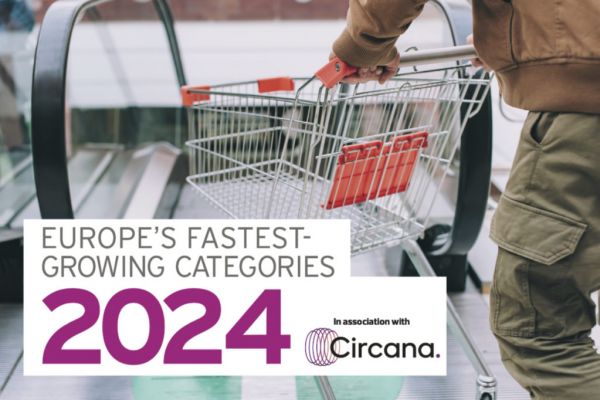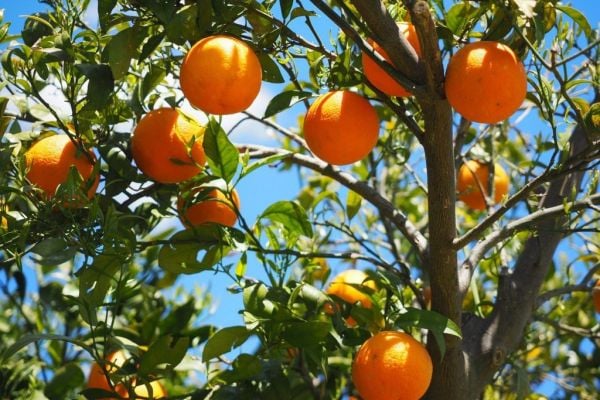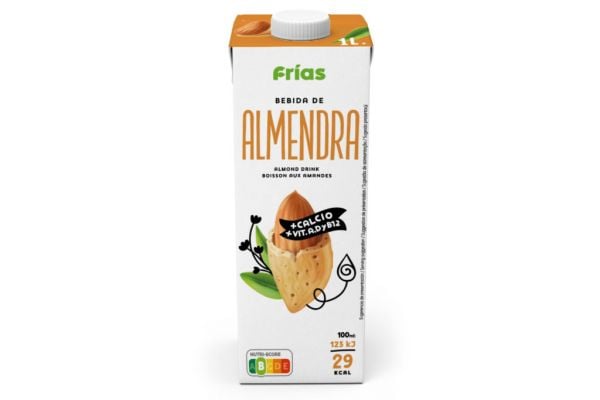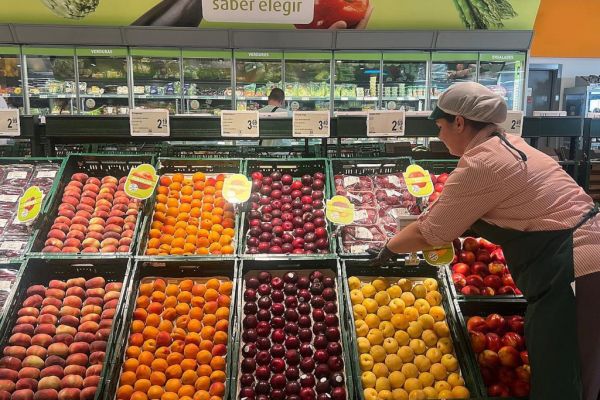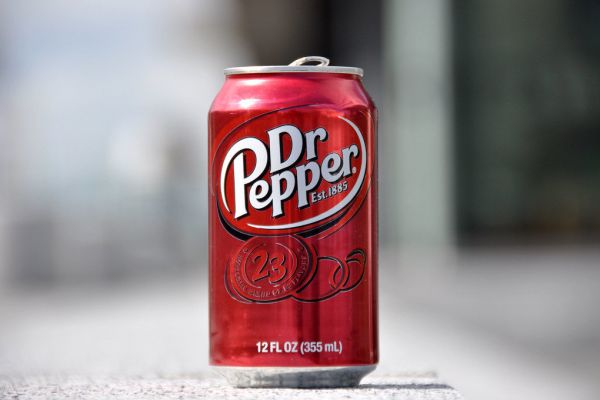Shoppers in Spain are turning to private labels and basic products to keep costs down. This article first appeared in ESM's March/April 2024 edition.
In February, the Organisation for Economic Co-operation and Development (OECD) forecasted that Spain would be the best-performing large economy in the Eurozone this year, revising its growth forecast for the Mediterranean country upwards, to 1.5%.
Inflation is also expected to be more positive than previous forecasts, with the OECD lowering its expected price increase in Spain to 3.3%.
Consumer confidence is similarly showing signs of improvement, with a confidence level of 78.6 recorded in January – the highest for five months – driven by improved future expectations among Spanish consumers.
Circana Insights
As Antonio Khalaf, Circana’s CPG and retail lead for Spain, explains to ESM, inflation and the high cost of living “continued to significantly restrict” purchasing habits in the country in 2023, leading families to modify their consumption patterns to adapt to the inflationary context.
“Shopping baskets in Spain now include more basic products, more private labels, and more products on offer and on promotion,” Khalaf explains.
In this high-price environment, Spanish consumers sought more affordable alternatives for essential products, such as switching to cheaper varieties of fresh produce, purchasing medium-sized eggs instead of large ones, and turning to frozen vegetables instead of fresh.
The effect of the geopolitical conflicts in Ukraine and the Middle East have also led to elevated prices, with shoppers forced to modify their purchasing habits.
“Consumers are also looking for new ways to control spending,” says Khalaf. “We have seen that they are cutting out certain categories that they do not consider essential, such as seafood and spirits.”
Like in many other European countries, the complex economic situation in Spain has impacted innovation, with new-product launches decreasing in both 2022 and 2023. Where product innovation has taken place, Khalaf notes, it is more in response to government intervention – such as caps that are tethered to plastic bottles – than satisfying a “real need” from shoppers.
Looking ahead, he believes that 2024 is not likely to be an “easy year” for the FMCG sector, due to the fragmented nature of the grocery market and increased competition for shelf space.
“Promotion and innovation will also have a strategic role,” says Khalaf. “The ability to launch successful products that will offer something new and different and adapt to new consumer demands will be more necessary than ever to gain differentiation and value, compared to the competition.”
Category Breakdown (data provided by Circana)
Value Sales by Category
| Category | Value Sales (in € billion) | Value Sales Change | Volume Sales Change |
|---|---|---|---|
| Chilled and Fresh | €36.6bn | 9.8% | 1.4% |
| Ambient | €21.1bn | 13.7% | 1.6% |
| Drinks | €7.0bn | 9.4% | 2.3% |
| Personal Care | €6.4bn | 9.9% | 4.6% |
| Household | €6.4bn | 14.2% | 3.0% |
| Alcohol | €5.8bn | 8.0% | 2.1% |
| Frozen | €4.2bn | 11.2% | 2.6% |
| Confectionery | €2.2bn | 13.8% | 3.0% |
| Pet Food | €1.1bn | 11.7% | -2.7% |
| Baby Non Food | €0.5bn | 4.6% | 6.4% |
| Baby Food | €0.3bn | 7.8% | -10.6% |
| Pet Non Food | €0.1bn | 13.1% | 5.6% |
Fastest-Growing Subcategories by Value Sales
| Subcategory | Value Sales Increase |
|---|---|
| Fresh Meat | +€698.0m |
| Fresh Vegetables | +€447.9m |
| UHT Milk | +€366.1m |
| Olive Oil | +€334.0m |
| Beers | +€285.0m |
| Fresh Fruit | +€199.1m |
| Eggs | +€188.9m |
| Fresh Cooked Dish | +€163.1m |
| Fresh Bread | +€153.5m |
| Cakes | +€152.8m |
